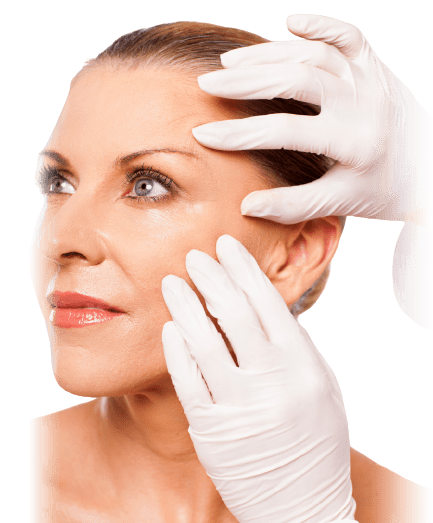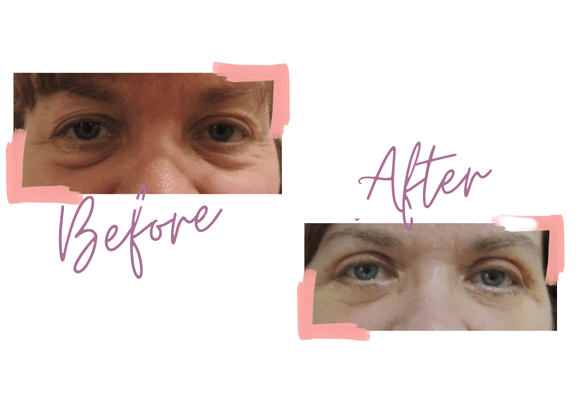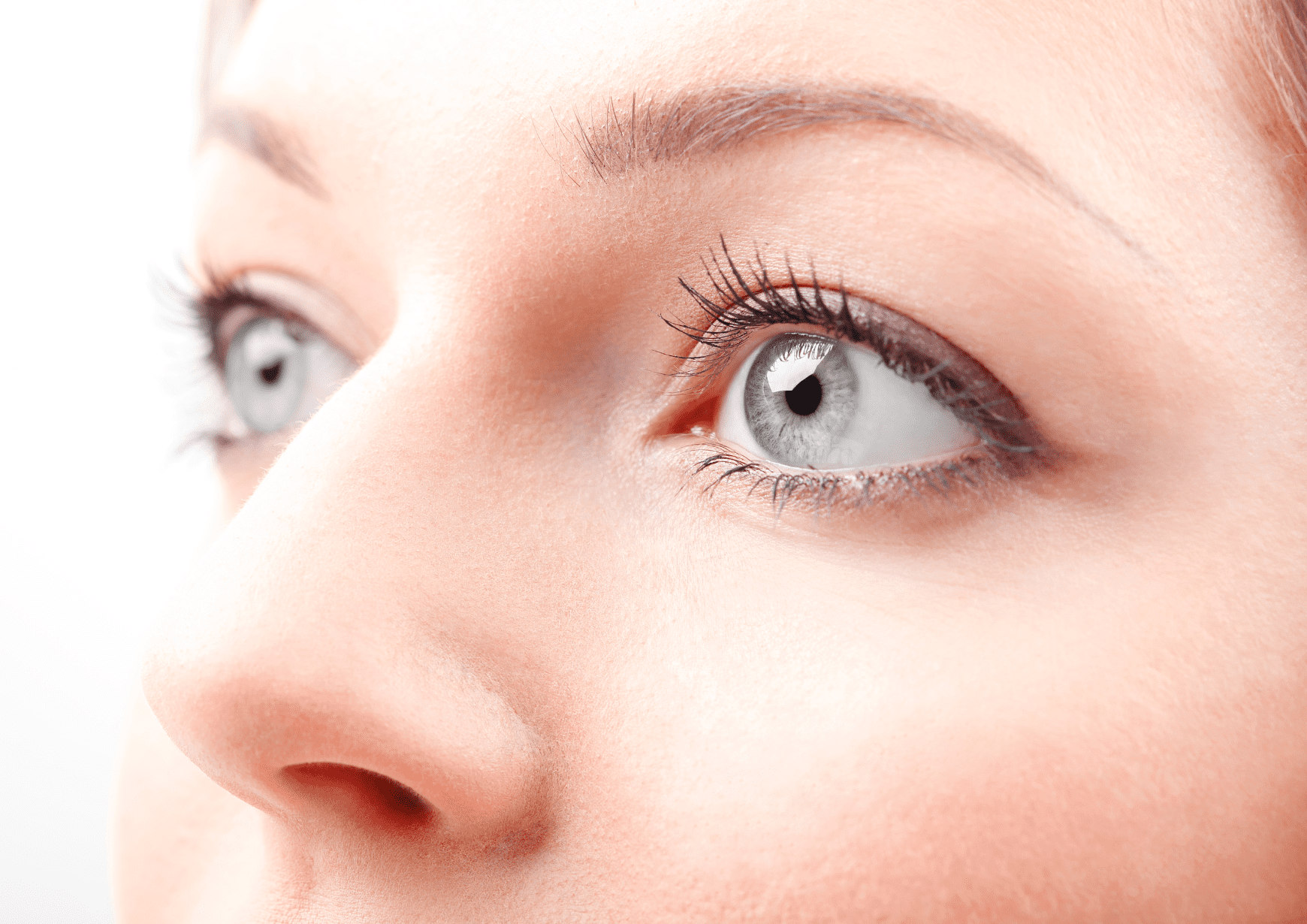Eyelid Surgery
Improve your vision and fix those droopy eyelids
Your Eyelid Augmentation Package Includes:
- Hospital Stay In A Single Private Room + Theatre + Pathology
- Australian Client Manager
- Surgery + Plastic Reconstructive Surgeon + Anaesthetist + Nursing Fees + Hospital Fees
- Bandages, Dressings + Prescribed Medications for 7 Days
- Pre + Post Operative Consultations with Our Surgeon
- Zoom Calls + Photo Checkups with Surgeon for 12 months
- Airport, Hotel and Hospital Transfers Included

- Upper Eyelid Surgery
- Lower Eyelid Surgery
- Blepharoplasty
”The service is beyond words. The staff at both the hospital and the clinic were so caring towards me!
AnnaIndirect Brow Lift + Eyelid Surgery
What Is Eyelid Surgery?
Eyelid surgery, or blepharoplasty, is a type of surgery that alters the appearance of the upper eyelids, lower eyelids, or both. The aim is to improve the appearance of the area surrounding the eyes and to improve vision obscured by drooping eyelids.
Am I Good Candidate
One or more of the following feelings or conditions may indicate that you are a good candidate for Eyelid Surgery:
- You have excess skin obscuring the natural fold of the upper eyelids
- You have loose upper eyelid skin that impairs your vision
- You have a puffy appearance to the upper eyelids, making your eyes look tired and sad
- You have excess skin and fine, ‘crepe paper’ type lower eyelid wrinkles
- You have bags and dark circles under the eyes
- Your upper eye surface is too small or not smooth enough to apply makeup
- You are in good health and do not smoke
Procedure Details
You may have a local anaesthetic and sedation, or a general anaesthetic. Your surgeon will advise you on which is the best option for you.
Eyelid surgery (blepharoplasty) can be performed on your upper eyelids, lower eyelids, or both. Based on a preoperative evaluation of factors such as your underlying facial muscle structure, bone structure, and the symmetry of your eyebrows, your surgeon will decide how much skin, muscle, and/or fat to remove.
- Your surgeon will make precise markings to indicate where excess tissues will be removed in your upper eyelids and in your lower eyelids.
- In your upper eyelid, your surgeon will make an incision hidden within the natural fold of the upper eyelid.
- In the lower eyelid, the incision will be hidden just below the lower lashes. Alternatively, when excess fat is being removed, the incision can be placed inside the lower eyelid (transconjunctival incision). A laser may sometimes be used in conjunction with this method to tighten lower eyelid skin.
- Your surgeon will remove tissue through these incisions using surgical instruments, including scalpels, surgical scissors, radiofrequency cutting devices, and, sometimes, cutting lasers.
- Sometimes fat may be redistributed in the lower lids to eliminate puffiness or bulges. Your surgeon may make other adjustments to correct special problems such as muscle laxity.
- He or she will then apply sutures or tissue adhesives (glue) to smooth and reconfigure areas around the eyebrows and eyelids. Sutures are invisible to the eye and are commonly self-dissolving. In most cases, there is virtually no detectable scar.
- Less tissue is removed in patients with dry eyes to avoid exposing more of the eye to the air, which can cause symptoms to worsen.
Your Recovery + After Care
What will my eyelid surgery incisions and scars be like?
Upper eyelid surgery
Your surgeon will mark the natural lines and creases of your lids and keep your scars as hidden as possible along these natural folds. Fine sutures will be used to close the incisions, thereby minimizing scar visibility.
Lower eyelid surgery
In traditional blepharoplasty, your surgeon will make the incision in an inconspicuous site along the lash line and smile creases of the lower lid. In a transconjunctival approach, your surgeon corrects eyelid puffiness caused by excess fat by making an incision inside the lower eyelid. This technique requires no external incision, but it cannot be used to remove excess skin.
Direct Brow Lift
In some cases, you may need a direct brow lift – where the incision site is directly above your eyebrow – this may be better for you than an upper eyelid lift, or you may need both. This incision will fade over time. The surgeon will advise you with your personal assessment
Indirect Brow Lift
In some cases, you may need a direct brow lift – where the incision site is indirectly above your eyebrow, in your hairline at the top of your forehead – this may be better for you than an upper eyelid lift, or you may need both. The surgeon will advise you with your personal assessment
Immediately after eyelid surgery
- You may experience excessive tearing, light sensitivity, and double vision just after the surgery.
- Your incisions will be red and visible at first, and your eyelids may be puffy and feel numb for several days.
- Swelling and bruising, similar to having “black eyes,” will likely last a week or more.
- Your surgeon will probably instruct you to apply ice packs or cold compresses to your eyes to help reduce swelling.
- Pain is usually minimal. You may be given a pain reliever such as acetaminophen (Tylenol or others) for mild discomfort, but remember to avoid aspirin, ibuprofen (Advil, Motrin, or others), naproxen (Aleve), and any other medications or herbal supplements that may increase bleeding.
- If stitches were used, they’ll be removed after a number of days when your surgeon is happy with your healing.
The first two weeks
Although you will not have to rest in bed following surgery, you should plan to relax, stay home, and use cold compresses on your eyes on the day of surgery as well as the day after. The amount of time it takes for recovery varies. Here are some helpful guidelines:
-
Follow your surgeon’s instructions for care. For the first couple of days following surgery, expect to treat the incisions with ointment to keep them lubricated and place cold compresses on the eyes to reduce swelling. You will be advised to use eye drops to keep the eyes from drying. If you have dry eyes lasting more than two weeks, contact your doctor.
-
Sleep with your head raised higher than your chest. You can use regular pillows, wedge pillows, or sleep on a recliner. Minimise swelling and bruising by keeping your head elevated as much as possible during the first few days of recovery.
-
After upper and lower blepharoplasty surgery your eyelids will typically feel tight. You can treat soreness with acetaminophen. Significant bruising typically occurs, but will resolve within two weeks.
-
Avoid straining, heavy lifting, swimming, and strenuous activities, such as aerobics and jogging, for a minimum of two weeks – though your surgeon may recommend longer. Specifically, you should avoid activities in which you must move your head abruptly or that increase the blood pressure in your head. This restriction includes, but is not limited to, bending over, which causes your head to be lower than your heart, and lifting objects heavy enough to cause you to strain. This restriction may apply for three to four weeks.
-
You may notice that your eyes tire easily for the first several weeks of the recovery period. Take frequent naps. Avoid activities that may dry the eyes, including reading, watching television, wearing contacts, and using a computer.
-
For the first two weeks after your surgery, wear dark sunglasses to protect the eyes from irritation caused by sun and wind.
-
Your plastic surgeon will remove the stitches between four and seven days after your eyelid surgery.
General risks of eye lid lift surgery
Fortunately, significant complications from eyelid surgery are infrequent. Every year, thousands of people undergo successful eyelid surgery and are pleased with the results. Blepharoplasty, which remains the gold standard for eyelid rejuvenation, is usually performed without any major problems.
All surgical procedures have some degree of risk. Some of the potential complications of all surgeries are:
- Adverse reaction to anaesthesia
- Hematoma or seroma (an accumulation of blood or fluid under the skin that may require removal)
- Infection and bleeding
- Changes in sensation
- Scarring
- Allergic reactions
- Damage to underlying structures
- Unsatisfactory results that may necessitate additional procedures.
You can help minimise certain risks by following the advice and instructions of your board-certified plastic surgeon, both before and after your eyelid surgery.
Client Testimonials
Types of Eyelid Surgery
Eyelid surgery can alter draping skin that obscures or blocks your vision, remove excess fat and skin as well as bags under the eyes
Upper or Lower Eyelid Lift
This procedure is performed under general anesthesia
Eyelid surgery (blepharoplasty) can be performed on your upper eyelids, lower eyelids, or both. Based on a preoperative evaluation of factors such as your underlying facial muscle structure, bone structure, and the symmetry of your eyebrows, your surgeon will decide how much skin, muscle, and/or fat to remove.
- Your surgeon will make precise markings to indicate where excess tissues will be removed in your upper eyelids and in your lower eyelids.
- In your upper eyelid, your surgeon will make an incision hidden within the natural fold of the upper eyelid.
- In the lower eyelid, the incision will be hidden just below the lower lashes. Alternatively, when excess fat is being removed, the incision can be placed inside the lower eyelid (transconjunctival incision). A laser may sometimes be used in conjunction with this method to tighten lower eyelid skin.
What To Expect?
Once you have submitted your surgery medical form and photos – our team will arrange a free assessment, and outline all the details you will need to know about the Surgery Price, Length of Stay in Bangkok, Hotel, Transfers, and much more.
Payment Plans
Don’t have all the funds ready for your surgery or dental trip? Medi Makeovers have partnered with Australia’s leading financial service to offer our clients finance for all aspects of their medical holiday – even spending money.
TLC Credit Benefits
TLC provides a payment plan solution to suit your lifestyle and has been designed to cover all medical, cosmetic and lifestyle needs as well as your associated costs.
- Payment plans up to $50,000 – including treatment / flights & accommodation
- No stress – the whole process is managed privately by our Consultants
- Flexible options – any additional repayments can be added back on to the payment plan at no extra charge
- Fast efficient approvals, simply apply online
TLC offers a simple and personal solution to customers, where they personalise the experience to suit customer expectations and desires to ensure a smooth transaction. Finance can be arranged to cover not only the cost of overseas procedures, but also all associated travel costs including spending money.

Five Star Recovery
Bangkok is the perfect destination for your surgery and/or dental trip as most attractions, shopping malls and transportation are air conditioned and away from the warm climate of Thailand. This is particularly important for your post-op recovery after surgery. Our hotels are located in the best parts of town, away from the nightlife – yet close to all major shopping centres (you can walk to them!), massages, hair salons and beauty salons so you can have the best possible recovery and indulge a little!



